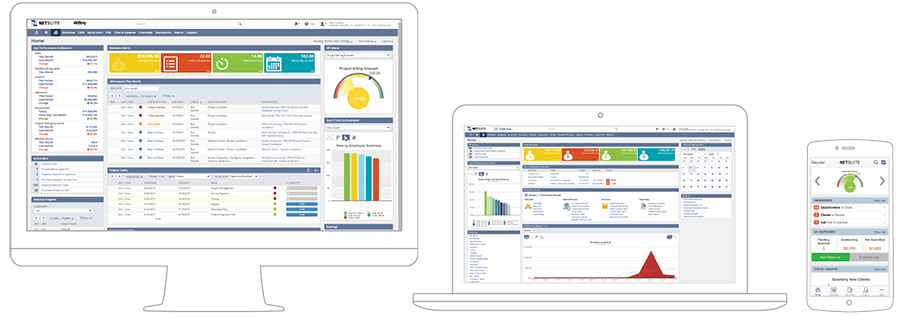SuiteSuccess is the culmination of a multi-year transformation effort to combine the NetSuite unified suite, 20 years of industry leading practices, a new customer engagement model and business optimization methods into a unified, industry cloud solution.
SuiteSuccess is engineered to solve unique industry challenges that historically have limited a company’s ability to grow, scale and adapt to change. Most ERP vendors have tried to solve the industry solution problem with templates, rapid implementation methodologies and custom code.
NetSuite took a holistic approach to the problem and productized domain knowledge, leading practices, KPIs and an agile approach to product adoption. The benefits of this are faster time to value, increased business efficiency, flexibility and greater customer success.

Source: SL Associated Study, Cloud-Based Business Solutions Suite Delivers Key Performance Improvements
Trụ sở chính: Tầng 3, Tòa nhà Sun Grand Ancora, số 3 Lương Yên, Phường Bạch Đằng, Q. Hai Bà Trưng, Hà Nội
Hotline Miền Bắc: (+84) 981 946 466
Email: bd@gimasys.com
Văn phòng HCM: Tầng 3, Centre Point Tower, 106 Nguyễn Văn Trỗi, Phường 8, Q. Phú Nhuận, TP. Hồ Chí Minh
Hotline Miền Nam: (+84) 988-777-632
Email: bd@gimasys.com














